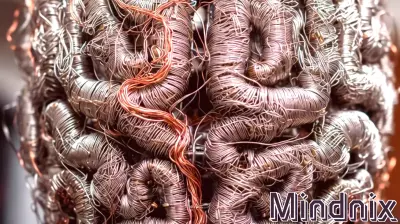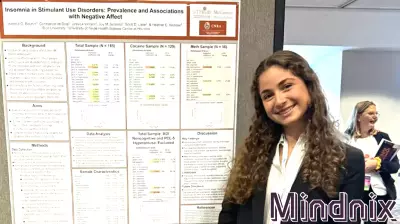Debunking Common Myths About Highly Sensitive People
April 3, 2025 - 21:00

Highly sensitive people (HSPs) often face misconceptions that can lead to misunderstanding and stigma. Examining the benefits and challenges of high sensitivity reveals a more nuanced perspective. One prevalent myth is that HSPs are simply overly emotional or weak. In reality, their heightened sensitivity allows them to perceive subtleties in their environment that others might miss, enabling deeper emotional connections and empathy.
Another common misconception is that high sensitivity is a disorder or a flaw. Scientific research indicates that sensitivity is a personality trait, not a pathology. HSPs often excel in creative fields and possess strong intuition, which can be advantageous in various life situations.
Lastly, many believe that HSPs cannot handle stress or challenging situations. While they may feel overwhelmed more easily, they often develop effective coping strategies to manage stress. Understanding these myths helps foster a more inclusive and supportive environment for HSPs, recognizing their unique strengths and contributions to society.
MORE NEWS

February 25, 2026 - 00:30
Rewired: How the Digital World Reshapes the Human BrainThe impact of our digital lives on the brain is a complex tapestry, not a simple story of harm or benefit. Emerging perspectives suggest that digital engagement, particularly among the young,...

February 24, 2026 - 00:52
Day in the life: Health sciences senior follows research toward clinical psychologyIsabella Bourtin, a health sciences senior, exemplifies the determined focus required to navigate a significant academic shift. Once firmly on the pre-med track, she has successfully pivoted her...

February 23, 2026 - 01:31
Toxic People Makes Us Age FasterThe emotional toll of difficult relationships is well-documented, but new research indicates the damage may be more than skin deep, potentially accelerating the biological aging process. A recent...

February 22, 2026 - 01:17
From Psychology to the Runway, Purpose Takes Center StageFor Lisa Jacovsky, a recent runway appearance during New York Fashion Week was far more than a fashion statement. Recognized as a `Queen of Impact` on the catwalk, the moment served as a powerful,...